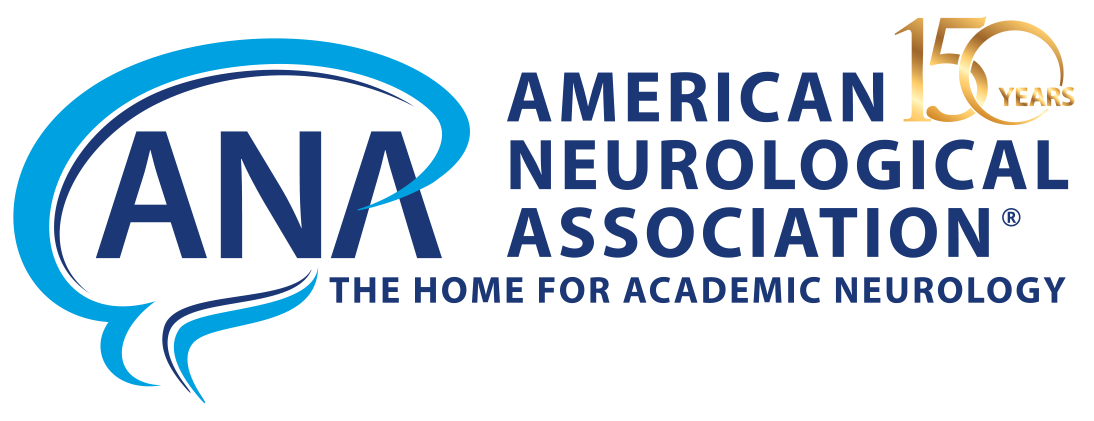President’s Message

For almost 150 years, the presidents of the ANA have been thought leaders of academic neurology and neuroscience, with their fingers on the pulse of issues affecting the profession.
Dr. Dimitri Krainc is the Aaron Montgomery Ward Professor, Chair of the Department of Neurology, Director of the Simpson Querrey Center for Neurogenetics, and Director of the Feinberg Neuroscience Institute at Northwestern University Feinberg School of Medicine. His research focuses on the neurogenetics of Parkinson’s disease and related neurodegenerative disorders, with an emphasis on translating genetic discoveries into new therapeutic approaches.
